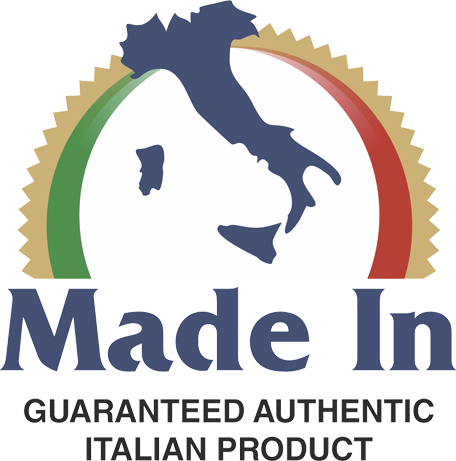
Promoting Made in Italy requires a combination of traditional and innovative strategies, all aimed at communicating the authenticity, quality and unmistakable style of Italian products.
So here are ten methods for promoting Made in Italy.
Awareness Campaigns: Launching awareness campaigns on digital and social media platforms is an effective way to promote Made in Italy. These campaigns can highlight the values of craftsmanship, quality and authenticity of Italian products.
Collaborations with Influencers: Collaborating with influencers and industry personalities who share an interest in Made in Italy can amplify brand visibility. Influencers can share experiences, stories and positive reviews about Italian products.
Participation in International Events: Participating in trade shows and international events is a direct way to showcase Italian products to a global audience. These platforms provide opportunities to interact with potential buyers and make new connections.
Creating Quality Content: Creating high-quality content such as videos, blogs, and articles that tell the story and details behind Italian products is a powerful way to engage audiences and create an emotional connection with the brand.
Supporting Quality Labels: Working with Italian quality labels, such as protected designations of origin (PDOs) and protected geographical indications (PGIs), can help build consumer trust by ensuring that products meet established standards.
Specialized E-commerce: Creating specialized e-commerce platforms that highlight Made in Italy products can make it easier for international buyers to access these products by offering an accurate and authentic selection.
Collaborations with International Designers and Brands: Collaborating with international designers and brands can increase the visibility of Made in Italy globally. These partnerships can lead to exclusive collections and collaborations that emphasize Italian style.
Promoting Local Craftsmanship: Highlighting local crafts and traditional Italian trades through workshops, exhibitions and events can help preserve traditions and raise awareness of the importance of Made in Italy.
Telling Success Stories: Sharing success stories of small Italian businesses and their founders can connect the public with the human side behind the products. These narratives can inspire and create an emotional connection.
Focus on Sustainable Innovation: Promoting sustainable innovation in the production and processing of Made in Italy products can capture the attention of an audience increasingly interested in environmental and social impact.


